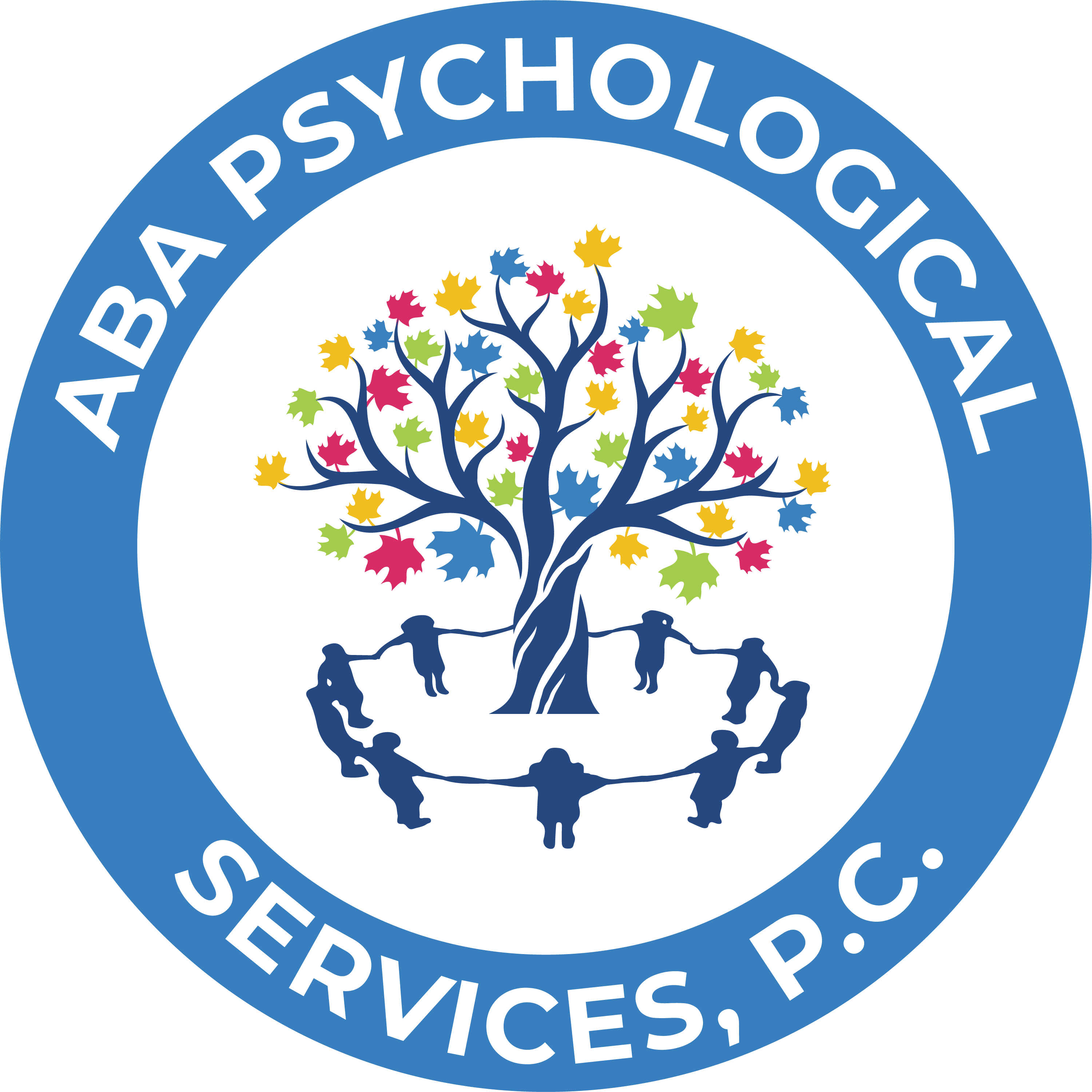
NEWS
Holiday Prep Tips for Children on the Autism Spectrum
December 22, 2023
By ABA Psychological Services
Holiday Prep Tips for Children on the Autism Spectrum
Holidays are all about joy and being with loved ones. But when you have a child on the autism spectrum, holidays can take on a whole new dimension.
What brings joy to many, brightly colored lights, music, new smells and surroundings, and more social interactions, are the same things that can overwhelm
children on the autism spectrum. The holiday season can be comfortable and joyous for everyone. We'll discuss our top holiday prep tips so you can help
your child navigate this festive time.
How to Make the Holiday Special for Autistic Kids
1. Create a Predictable Environment & Stick to Routines
Many children on the autism spectrum thrive on routine and predictability. During the holidays, routines often get overturned because of guests
coming into town, errands that need to be run, etc. It may be hard to keep to a schedule, but try as much as possible. Contact family and friends who
can help maintain sleep schedules and other important routines. Creating a predictable environment can help reduce anxiety for children on the
spectrum. If patterns must be broken, prepare your child in advance. This can help them adjust and limit feelings of anxiety or overwhelm.
2. Choose Sensory-Friendly Decorations
Decorations are fun, but they can be sensory overload to many children on the spectrum. Ways to keep holiday decorations and
lights sensory-friendly include:
Choosing the Right Decor:
• When shopping for decorations, choose ones that are not too bright or flashy.
• In the home, choose softer lighting and decorations with no to low sounds.
• Skip the scented candles or room sprays if your child is sensitive to smells.
Another helpful suggestion is involving your child in the decorating process. This can make them more comfortable with the change in scenery and make
Santa or other characters less scary or unfamiliar.
3. Add Inclusive Holiday Activities
Holidays are for everyone. It is important to choose activities that are accommodating to sensory sensitivities. Simple, quiet activities can be equally enjoyable
as loud or stimulating ones. If you have your heart set on a traditional family activity, find ways to tweak it to make it inclusive.
4. Prepare for Social Gatherings & Crowds
Crowds and social gatherings can be the trickiest to navigate with autistic children. One of the most important steps is to prepare your child by discussing
what to expect and who will be there. Practice social scenarios or situations ahead of time. Provide them with a quiet place to retreat if the event becomes too
overwhelming. Create a signal between you and your child to know when to leave or retreat to a safe, calming spot.
5. Gift Giving and Exchanges
Of course, gift-giving and exchanging are a big part of the holiday season. Presents to the child should cater to their interests and sensory needs. It can be
helpful to send out a list to those interested in giving a gift to your child. If your child is overwhelmed by loud, complex or stimulating toys, explain this to family
and friends. Familiar and favorite items or characters often make the best gifts and make your child feel extra special.
Receiving gifts is fun, but it is important to show how rewarding giving can be, too. Shopping for gifts can be as easy as heading to the computer. Or, if
you want to take a trip to the mall, go when it is less crowded, and be sure to prepare them for any new sensory experiences.
Thoughtful Gift Ideas:
• Calming blankets
• Personalized books
• Stuffed toys
6. Ask About Holiday-Themed Therapy Activities
Integrating the holiday themes, music, and décor into therapeutic activities can make them more engaging. Adding themes of the holidays to autism therapy
sessions can make the holidays less daunting and scary. Check with your therapist if they incorporate holiday concepts into sessions or have tips to use at home.
7. Managing Familiar Foods and New Tastes
Try to stick to familiar and favorite foods for your child with autism. Food is a big part of celebrations but can be very disruptive. Introduce new foods gradually
and in a non-pressurizing manner. Make sure to have familiar and favorite options available.
8. Create a Quiet Zone
Creating a safe space is especially helpful if traveling for the holidays or staying in unfamiliar places. Autism overwhelm is a state of physical and mental
fatigue that is stressful to the child. It is brought on by too much stimulation. Quiet zones should be a comfortable space where the child can retreat if they
feel overwhelmed. Equip the area with self-soothing items like a favorite blanket, pillow, or toy.
9. Visual Schedules and Timers
For those who are aware of the concept of time, calendars, and schedules, visual aids can help children on the spectrum understand what to expect and
when. Visual aids such as a large calendar can help children prepare for the day's activities. Timers can assist in transitioning from one activity to the next
smoothly and hassle-free.
10. Practice and Role-Play Situations
Practice makes perfect. Role-playing unique holiday scenarios can help prepare a child for unexpected situations. Discuss the different scenes and how
best to handle them. Rehearsing potential new problems can help children feel more confident and less anxious.
Make the Holidays Better for Everyone
We hope these tips help you manage the holidays. Holidays with a child on the autism spectrum can be magical and memorable. ABA
Psychological Services for Autism aims to give families the highest quality therapy for children and adults.
Contact us today to
learn more about ABA therapy near you and how together we can empower your child with essential life skills. We offer in-home
and in-office therapy, parent training, and social skills groups.
Follow our Facebook page and stay informed of tips, news, and updates.
Back to blog
